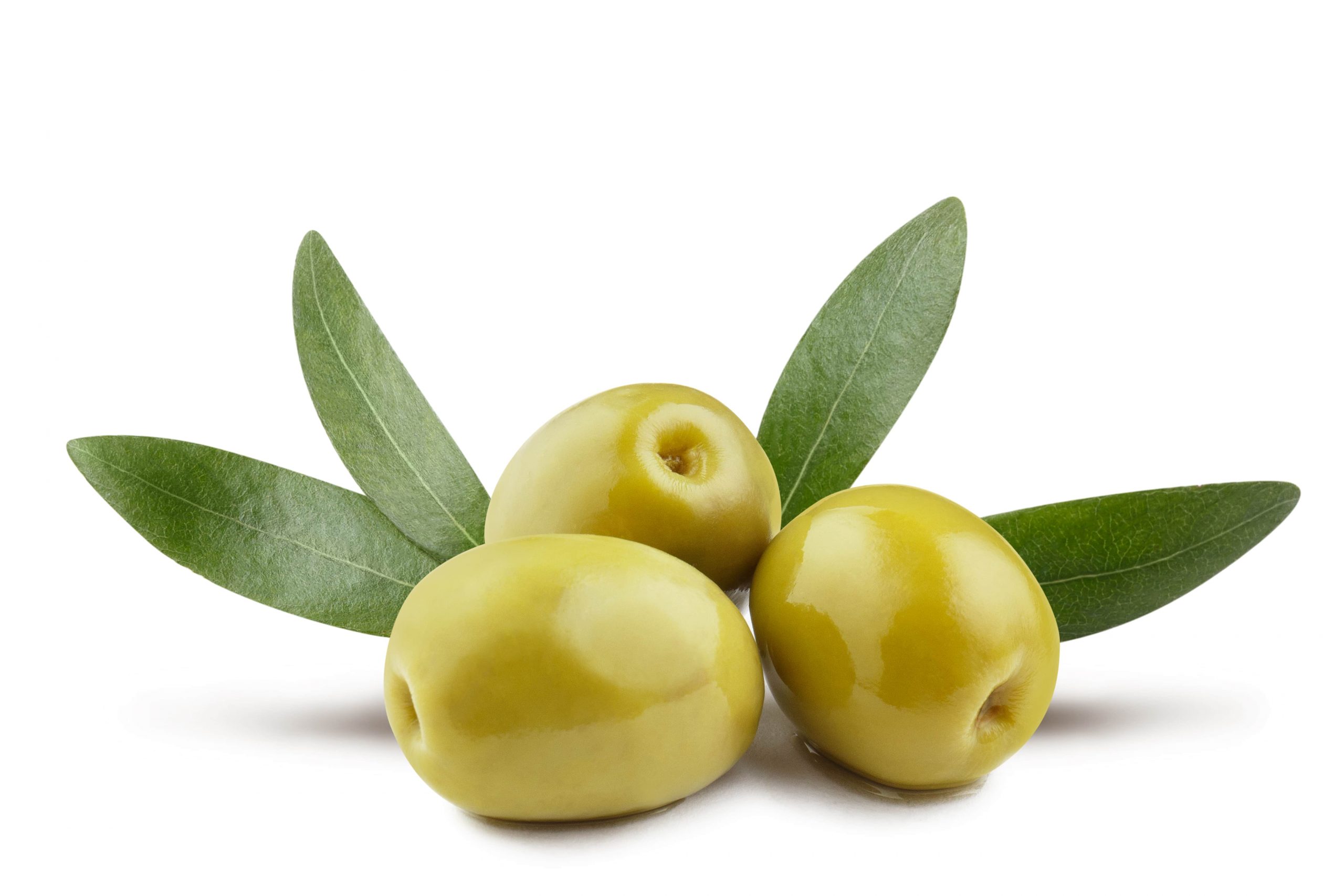Olea europaea, or olive tree, bears the nutritious small fruits called olives. Olives have long been used to produce different types of olive oil, including refined, virgin, and extra virgin olive oils. Both the fruit and its oil have been linked to several health benefits.
Botanically, olives are grouped together with cherries, mangoes, almonds, pistachios, and peaches as drupes or stone fruits. Olives are a great source of many powerful antioxidants, including vitamin E. Studies have consistently shown that olives may support heart health and reduce the risk of osteoporosis and certain cancers. The fruits can be eaten in salads, tapenades, and sandwiches. This article explores the health benefits of olives and their nutritional facts.
Nutritional Facts
A mature olive averagely weighs about three to five grams. 100 g of olive provides 115-145 calories, meaning that 10 olives provide 59 calories. Ripe canned olives weighing 100 g, contains 115 calories, 80% water, 0.8 g of protein, 6.3 g of protein, 0 g of sugar, 3.2 g of fiber, 10.7 g of fat of which 1.42 g is saturated, 7.89 g monounsaturated, and 0.91 g polyunsaturated.
Fat
Olives contain between eleven and fifteen percent fat, of which seventy-four percent is oleic acid – a monounsaturated fatty acid making up the largest part of olive oil. Studies have linked oleic acid to several health benefits, including lowered risk of heart diseases, certain cancers, and reduced inflammation.
Carbs and Fiber
Olives are one of the low-carb fruits, containing up to six percent carb. Interestingly, eighty-six percent of the total carb content is made up of fiber. This makes the net digestible carb content low.
Vitamins and Minerals
Olive provides a variety of vitamins and minerals. Those of health benefits, include:
Vitamin E:
Plant foods high in fat, like olives are a great source of this powerful antioxidant.
Iron:
Important for the formation of healthy red blood cells for transportation of oxygen, iron is highly contained in olives.
Copper:
This mineral is important for a healthy functioning cardiovascular system.
Calcium:
This essential mineral is important for strong bones, healthy muscles and nerves. It is the most abundant mineral in the body.
Sodium:
The saltwater or brine content in olives makes them deliver high amounts of sodium.
Other Potent Plant Compounds
Plant compounds found in olives are mostly antioxidants, including:
Oleuropein:
Associated with many health benefits, this antioxidant is high in unripe olives.
Hydroxytyrosol:
As the fruit ripens, oleuropein is converted into hydroxytyrosol, which is also a potent antioxidant.
Tyrosol:
Abundant in olive oil, this antioxidant is linked to reduced heart disease risk.
Oleanolic acid:
Is said to prevent liver damage, may regulate fats in blood, and lower inflammation.
Quercetin:
May help prevent heart disease and lower blood pressure.
Health Benefits of Olives
People living in the Mediterranean largely depend on olives. Among the many health benefits tied to these fruits, prevention of cancer and support of heart health, are the most highlighted.
Antioxidant Qualities
Antioxidants are powerful compounds that have been shown to reverse tissue damages caused by free radicals – harmful molecules produced during metabolism. Excess free radicals in the body leads to oxidative stress, which have been associated with several chronic illnesses, like inflammation, cancer, and heart disease. Olives provide high amounts of antioxidants, which may help fight inflammation and fight foreign microorganisms. Eating olives may also stimulate your body to produce a powerful antioxidant called glutathione.
Improved Heart Health
Several factors may predispose you to heart disease, including high blood pressure and high cholesterol in the blood. Fortunately, oleic acid, the most abundant fatty acid in olives, has been shown to improve heart health significantly. It can reduce total cholesterol and interfere with the oxidation of LDL “bad cholesterol. What’s more, the fruit and its oil may lower blood pressure.
Improved Bone Health
Osteoporosis occurs when the bone mass, mineral quantity, and bone quality have reduced. This makes you susceptible to fractures. There are very few cases of osteoporosis and fracture in Mediterranean countries, compared to Europe. This has made researchers speculate that olives may protect against osteoporosis. Olives and olive oil contain some powerful plant compounds that have shown protective effects against bone loss. While study results on animals are promising, no single human study have attested to these claims.
Prevention of Cancer
The rates of chronic diseases, such as cancer, are lower in countries around the Mediterranean than in most Western countries, leading to speculations that the fruit and its oil may protect against cancer. The high amounts of antioxidants and oleic acid partly contribute to these speculations. Test-tube studies have indicated that these compounds may initiate the death of colon, breast, and stomach cancer cells. More human studies are needed to prove these claims. It is still not clear whether olives or olive oil may protect against cancer.
Potential Side Effects
Many people have no problem with olives. However, their saltwater package makes them deliver high amounts of sodium.
Allergy:
Some people develop reactions to olive tree pollen. However, allergies to the fruit itself are rare.
Heavy metals:
tin, sulfur, lithium, and boron are some of the heavy metals that may be contained in olives. Excess consumption of such metals has been linked to an increased risk of cancer. It is worth mentioning that olives contain only small amounts of these metals and should thus be considered safe.
Acrylamide:
It is believed that California black olives may be loaded with acrylamide due to high processing.
Processing of Olives
Olives are of different varieties, and the most common ones include Spanish green olives, which are pickled; green, black olives, which are raw; and California black olives, which are usually ripened with oxidation before pickling. Due to their bitterness, olives are cured and fermented to remove oleuropein – a bitter compound. It is at this point those olives can be enjoyed, unlike when they are fresh.
Conclusion
Olives are nutritious bitter fruits found in abundance in Mediterranean countries. Olives and their extracted oils contain powerful compounds, such as oleic acid, oleuropein, quercetin, and tyrosol. These compounds may benefit your health in various ways, including cancer prevention and improved heart health.









